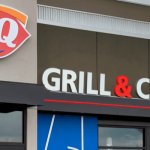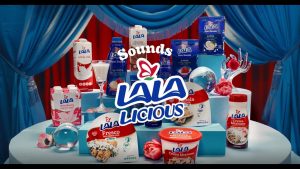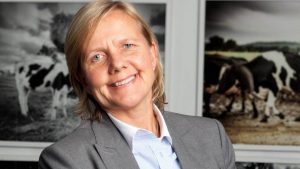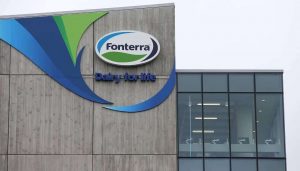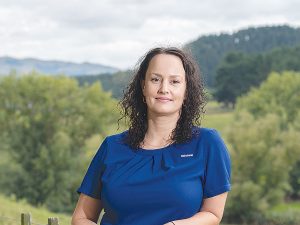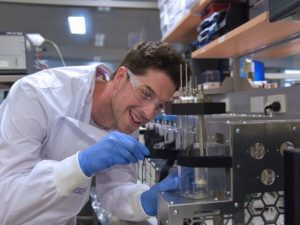
Fonterra launched an investment arm last month and its first deal, a $10m funding round US startup Pendulum, targets gut health.
How much innovation is there in milk? And does a dairy co-operative need a startup investment arm?
Fonterra, the New Zealand dairy company, certainly thinks so, having launched an investment arm, provisionally called Nutrition Science Solutions (NSS), earlier this month. The investment team have set their sights on gut health and human microbiome research.
“Given our expertise in dairy science, we committed to exploring the potential for Fonterra to play more boldly in the nutrient science segment to create value,” says Komal Mistry-Mehta, the chief innovation and brand officer at Fonterra.
“It’s about delivering targeted and bespoke nutrition solutions that can optimise the health of individuals around the world,” she says. “While the scope of the business will evolve over time, the early focus for NSS is on gut health.”
Microbiome, the collection of all the microorganisms that live in the digestive system, has emerged as a new field with growing evidence of its pivotal role in human health.
“This is a new way of working for Fonterra, but one in which we see a lot of potential.”
Fonterra CEO Miles Hurrell
GCV’s special report in April shows microbiome treatments are increasingly getting attention from the corporate venturing community, including these 12 microbiome startups based across Europe, Japan and the US.
“This is a really exciting area for us to be involved in as research demonstrates that microbiome is the cornerstone of human health in areas such as immunity, women’s health, mental health and cognitive health healthy ageing,” Mistry-Mehta says.
Fonterra is, in fact, not the only dairy company to get involved in startup investing. Danone, the French dairy company, has an active investment arm called Danone Manifesto Ventures, and this year invested in Israeli lab-grown milk company Imagindairy. The German cheese and dairy producer Hochland invested in Israel’s Remilk, another animal-free milk producer. The dairy industry is under pressure to innovate as new lab-made milk alternatives emerge.
First investment in US gut startup Pendulum
NSS’s first investment was backing a $10m raise for Pendulum, a San Francisco-based company developing microbiome technology. Fonterra has partnered with the Pendulum to jointly develop microbiome products and expand globally.
The strategic alliance will enable Fonterra and Pendulum to use each other’s strengths – Fonterra’s manufacturing know-how and established presence in global markets will complement Pendulum’s microbiome expertise and growing leadership in the US market.
“Through this partnership, we’ll work together to co-develop and commercialise next-generation gut health products that are scientifically formulated to make a measurable impact on people’s health, creating a value growth opportunity for our coop,” Mistry-Mehta says.
CVC fund structure and team size
NSS is a standalone business within Fonterra, meaning it has its own board and chief executive, who reports to the Fonterra CEO Miles Hurrell.
“Having this separate governance model helps ensure NSS has the agility and speed on investment and venture-build decisions it needs in what is a fast-moving and rapidly changing industry,” explains Mistry-Mehta.
NSS is looking to bring between 10 and 15 people on board at this stage, but the team size will evolve over time.
Hamish Gowans, a general manager for Fonterra, leads the venture team. Campbell Grieve, who has been with Fonterra for more than seven years, was appointed incubation lead in November 2022.
Sneha Chatterjee took a venture analyst role at the unit in December 2022 before being joined by William Robertson the month after in the same role. They have both been with Fonterra since 2021.
Global expansion — especially to the US and China
Following the Pendulum deal, NSS is looking to invest in other startups that can help expand the New Zealand-based company’s global presence.
“We’re targeting markets that can be scaled up, like the United States and China, along with others where there is consumer demand,” Mistry-Mehta says.
At the same time, they are looking for startups with emerging technologies, advancements in science and novel channels to market.
Working with startups could take many forms says Mistry-Mehta, “including partnerships and investments in portfolio companies and collaborations with entrepreneurs or researchers in universities who can help provide early insights into key future growth areas in the nutrition science space.”
As Hurrell said during the fund launch: “This is a new way of working for Fonterra, but one in which we see a lot of potential.”

